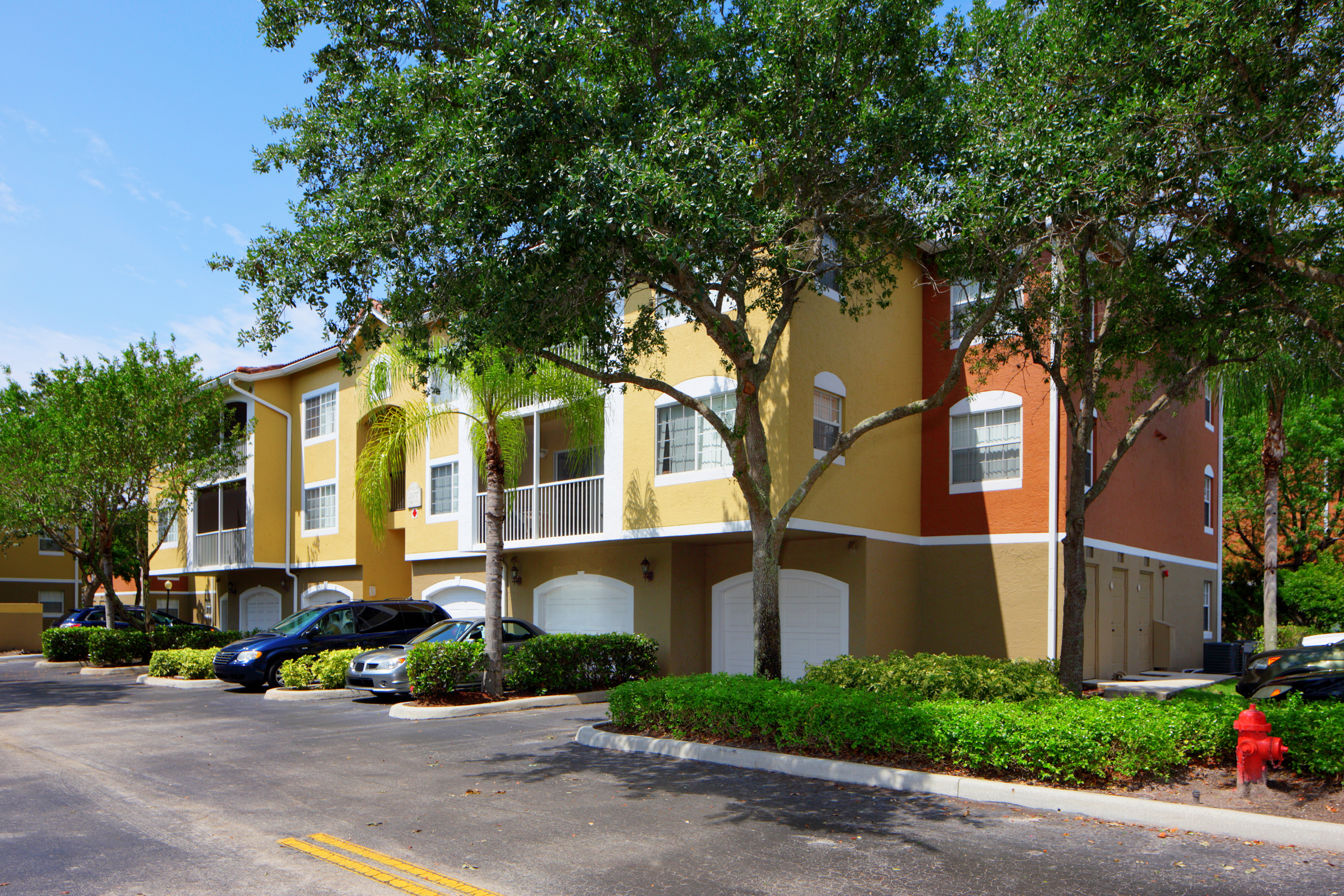Do you want an additional income check every month, more tax deductions, and a way to start building long-term wealth? If you answered yes to any of these questions, it may be time to invest in a rental property. With rental rates at an all-time high and interest rates at an all-time low, many investors are jumping at the opportunity to procure rental properties.
There is a lot of time and sweat that goes into investing in rental property, but if you succeed in doing so, the benefits are endless:
You Are Your Own Boss: Are you sick of your nine-to-five? When you make the decision to invest in a rental property, you become your own boss; you are the one making all of the decisions. You choose the property, you hand select tenants, you decide how much you want to charge for rent, and you are able to determine how you want to keep up with the maintenance of the property. As a rental property owner, you are no longer subject to the demands of another person or your company’s policies in general. If you want to wake up every morning at 11 and wear your pajamas all day, more power to you. While this sounds like fun and games, it is important to note that because you are in charge, you also must be responsible with how you manage your money.
Appreciation: Real estate is an asset that gives owners a lot of leverage. If you invest a reasonable amount of your own money into your rental property and borrow the rest – commonly four to 20 times more – from a lender, the investment is considered “highly leveraged.” In other words, if you purchase your property using more debt than equity, you’ve got a powerful asset. Here’s an example:
Let’s say you have $10,000 that you are able to invest and you use leverage to borrow $90,000 from a lender. Now you have a total of $100,000 to acquire a property. Suppose your investment property appreciates by five percent each year. After one year, your investment is worth $105,000 and after ten years, you’re up to an $162,000 asset. What’s more, the appreciation is on the entire investment, not just your initial $10,000 investment.
Tax Deductions: In addition to the number of other benefits that come with investing in a rental property, it is important not to forget about the hefty tax deductions:
- Interest: Landlords can deduct mortgage interest payments on loans if they used the loan to improve the rental property. They can also deduct the interest on credit cards that were used to purchase goods or services used for the property.
- Home Office: There are minimum requirements landlords must meet to qualify for this deduction. However, if you have a space devoted primarily to managing your rental property business, it is likely eligible for a deduction.
- Insurance: As a landlord, it is safe to say that you have – or should have – fire, theft, flood, and landlord liability insurance, all of which are deductible.
- Repairs: The cost of all repairs on your rental property, as long as they are considered necessary, are fully deductible, as long as the damage occurred in the tax year.
There are many other tax deductions that landlords can qualify for, but these have become synonymous with the best returns.
Consider This Option For Your Next Rental Property
Now that we have fully determined that owning a rental property can bring home a large paycheck, let’s talk about an alternative method many investors are turning to:
AirBnB – and other similar sites – is becoming the go-to source for secure accommodations. For those of you who don’t know, AirBnB offers users a cheaper alternative to paying for a hotel room. The company is growing exponentially, and investors are beginning to take advantage of the momentum.
In a number of markets, investors are acquiring rental properties. However, instead of renting them out to long-term tenants, they rent out rooms on sites like AirBnB. One benefit of this strategy is that instead of charging tenants a monthly rent, you are charging a nightly fee. If you typically charge $1,000 per month for your two bedroom rental property, your monthly income is $1,000. If you charge $100 a night for each room, your monthly income could jump to as much as $6,000.
The example above assumes that you have both rooms rented out every night of the month. For some markets like New York, San Francisco, and Boston, this may not be difficult. However, investors in places where there is less tourism will have a harder time. This is not to say that you must have your entire rental at full capacity each night. Even if your rooms were only filled half of the time, your monthly check would be $3,000; which is still far greater than your original income.
There are some disadvantages to this strategy. For one, it will require more time and effort on the property owner’s behalf, due to the fact that he or she must actively search for tenants. It is also likely that your maintenance fees will increase because of more wear and tear on the property. Finally, there is the chance that some months will be slower than others, depending on popular seasons for travel. If your rental property is in Hawaii, you’ll probably be fully booked through the summer. Then again, in the winter months, you may only be at 30 percent capacity. The beauty of utilizing AirBnB to rent out your property is that there is no fixed rent rate, meaning you have the ability to make up for these losses by charging higher rent in the competitive months.
Best Markets To Implement This Rental Property Strategy
There are definitely certain markets where investing in an AirBnB rental property is most effective. First, you must asses the volume of tourism your market has. Individuals utilizing AirBnB are typically on vacation and do not want to pay the price to stay in a hotel. Make sure to take note of the average cost per night of a hotel room in your market, as you’ll need to charge significantly less than that.
Next, determine what the most profitable seasons will be for your property. If you own a cabin, your rates and capacity will likely peak in spring, as opposed to owning a beach shack, which will likely be most profitable during the summer.
AirBnB conducted a study to show what markets across the U.S. are the best for AirBnB rental properties. They got their data from looking at the average monthly cost of an apartment rental in the area and the average nightly cost of an AirBnB to determine which markets have the highest average AirBnB revenue per month.
- La Jolla, CA – $2,620
- Santa Barbara, CA – $2,646
- Honolulu, HI – $2,800
- Beverly Hills, CA – $2,988
- Brooklyn, NY – $3,000
Ultimately, the best markets to invest in an AirBnB rental are those where rent prices are relatively low but tourism is off the charts.
If you are considering this method of investing, be sure to research your state’s rental laws and regulations. This strategy won’t work for every investor and it is important to mind your due diligence to determine if an AirBnB rental property is right for you.
